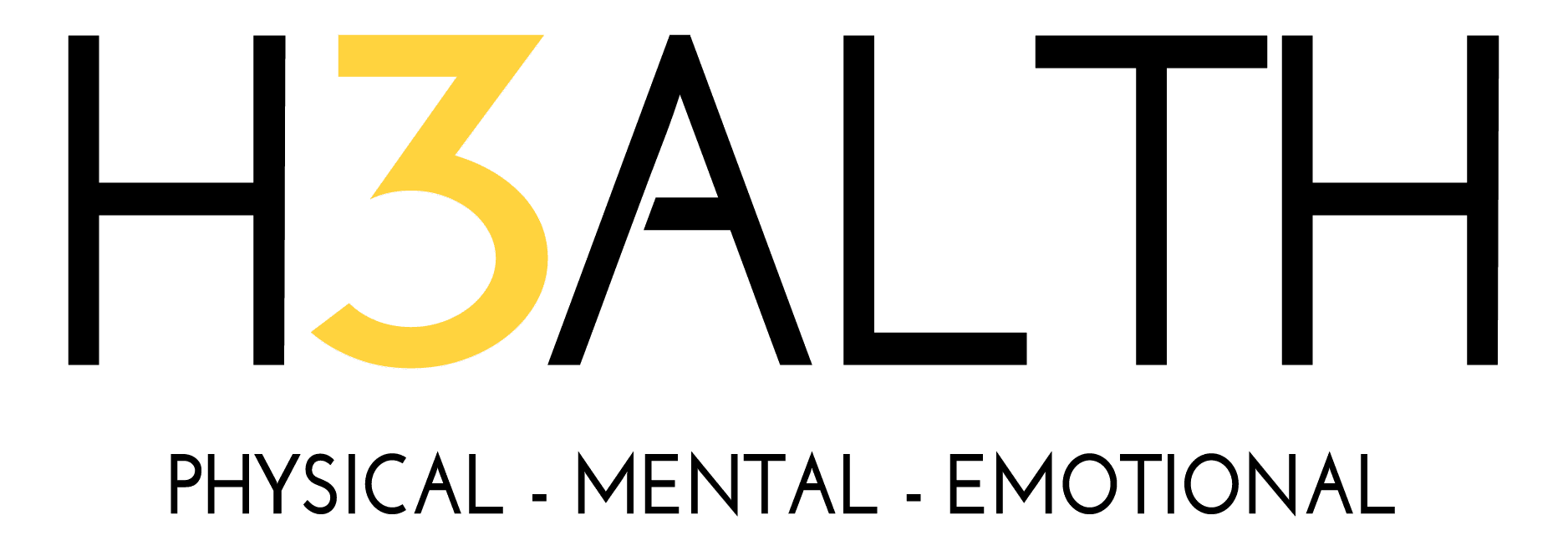
I want to be Healthy
Your first thought when you got into fitness was probably, “I want to be healthy” or “I want to lose weight”. Developing a commitment to a solid fitness routine sets us up for longevity in a healthy environment. The ability to complete functional movements means that we are living life on our terms. Once we lose the ability to squat, it means we can no longer do simple everyday movements unassisted. No sitting down or getting up from the couch, the dining table and even the toilet. When we can no longer do these, we must be assisted on a daily basis and we lose our independent healthy lifestyle.
Consistency is the Key to Progress
Let’s say you want to learn how to play the piano. If you only went to one lesson per week without practicing in between, I think we can agree that it would take a very long time to improve. Fitness is the same – you need to be participating on a consistent basis to see progress; the recommendation is 4-5 times per week. Sure, life gets hectic but if you want to see real results, you need to be consistent and committed. Does this mean you need to work out until you are ready to pass out? NO! Even 10 minutes a day, 5 days a week will get you on the right path. It will help establish your new habits and develop an awareness of your body’s abilities and needs for recovery. From there, it will become easier to expand on your fitness and well-being.
Effort Level
Earlier I said, we don’t need to be lying in a puddle of sweat trying to catch our breath after every workout. How hard should we be working out? The ‘clear as mud’ answer is, we need to find a moderate level that is somewhere between too easy and too hard. We want to identify a level where we know we are getting a workout done, but not to the point where we are so sore or injured that we can’t work out the next day. Yes, some days will be harder than others, but it is important to find a balance. Our intensity level will depend on how we are feeling on that particular day. This is impacted by factors such as sleep, nutrition and stress.
Range of Motion vs. Load
As an athlete, I find myself constantly battling myself to lift more or go faster when I should be focused on ensuring that I am completing the movements correctly. Ensuring that my squat depth is below parallel or making sure that in a press, my arms are fully locked and directly over the centre of my body is a long-term investment that will pay off years from now. Let’s be honest – when we are in our 70s and 80s, we aren’t going to be able to lift what we can now. Science has proven that as we age our capabilities diminish. However, if we continually work on improving our range of motion, we’ll have that ability to get ourselves off the toilet or grab the dish from the top shelf. This means that we can live an independent, fulfilled life. So, before you add more weight, come and see what our coaches at HEALTH3 will make sure you are doing things right.
Get back to basics and start to build your foundation for independent living well into the future now. Book your appointment HERE to get started.


